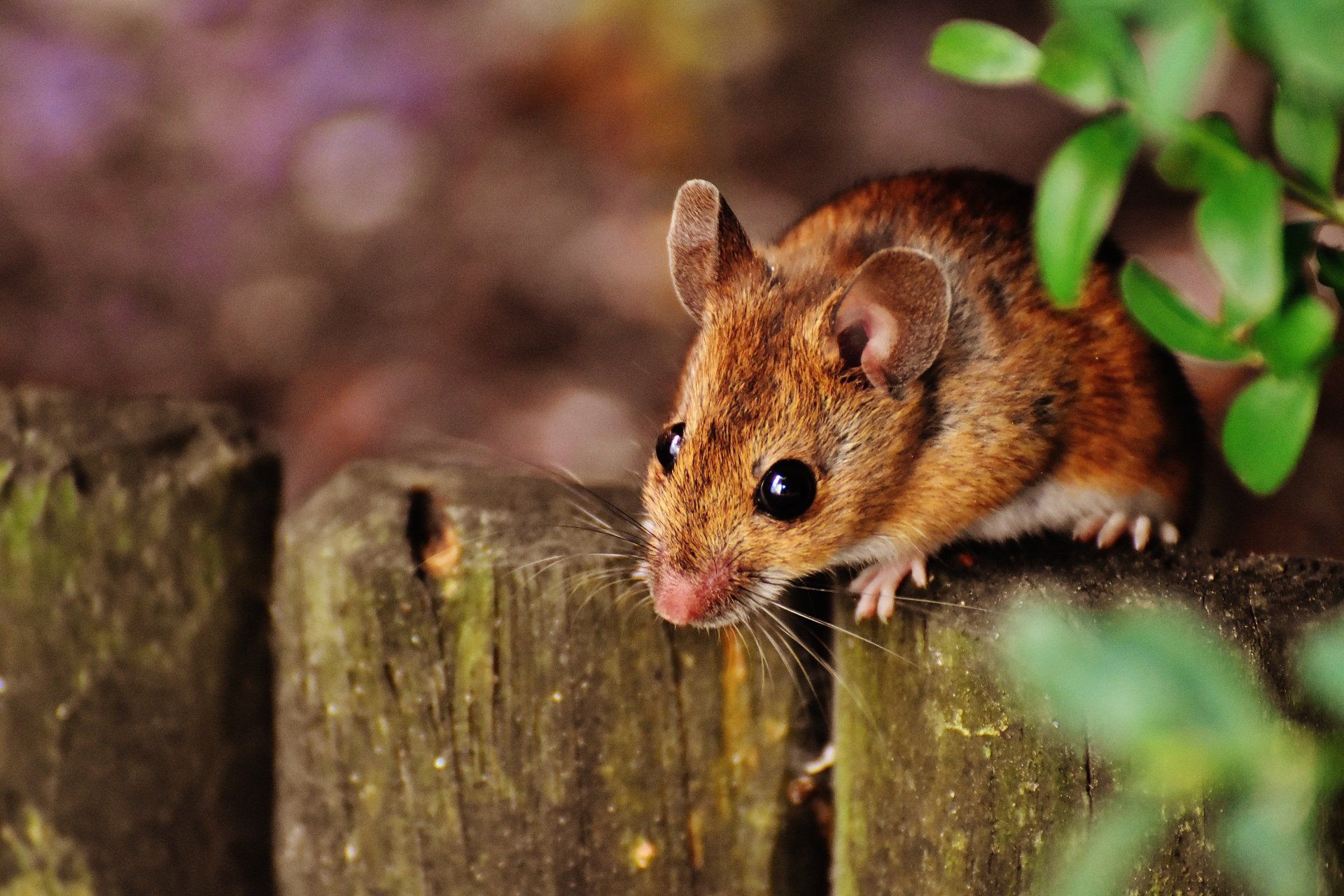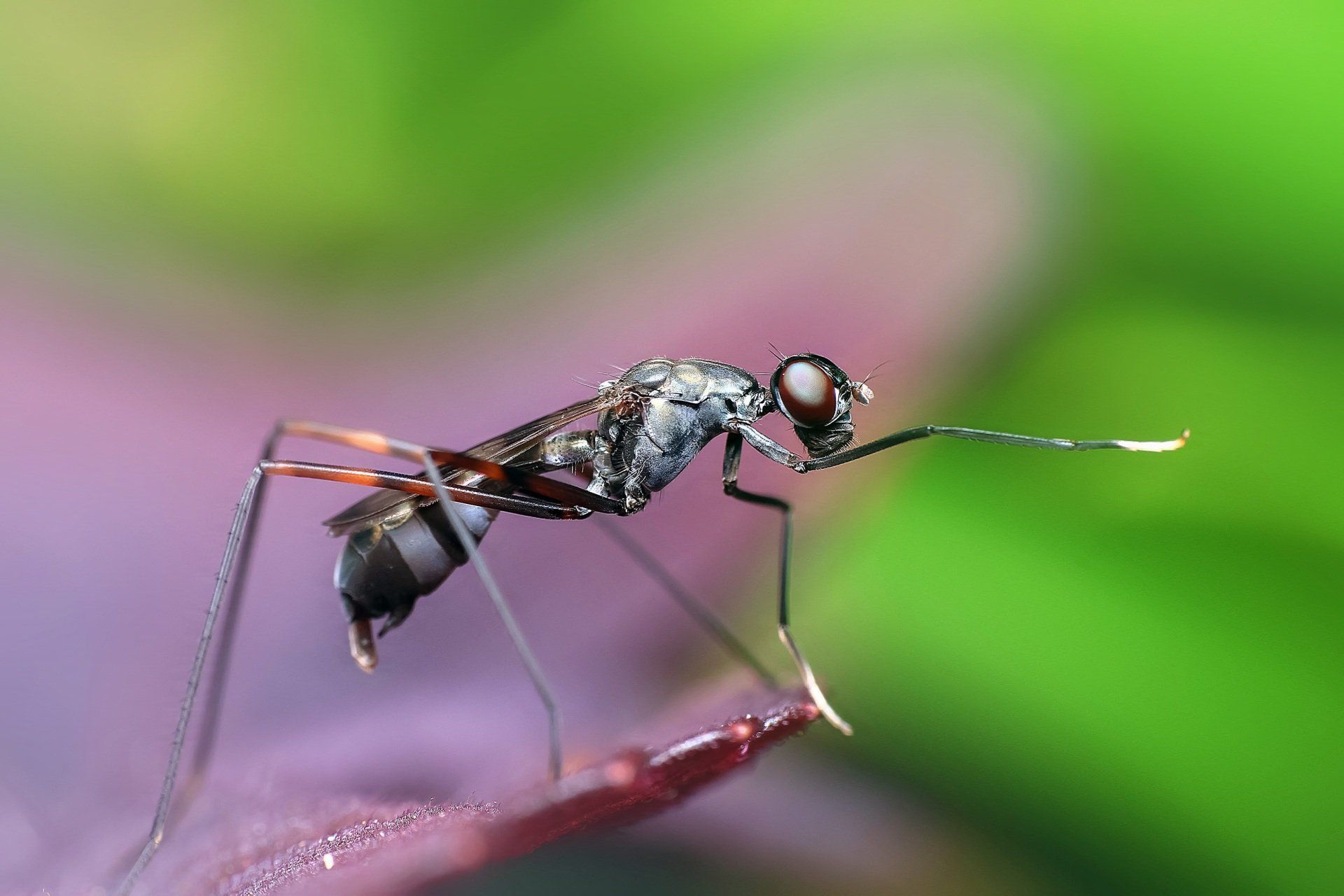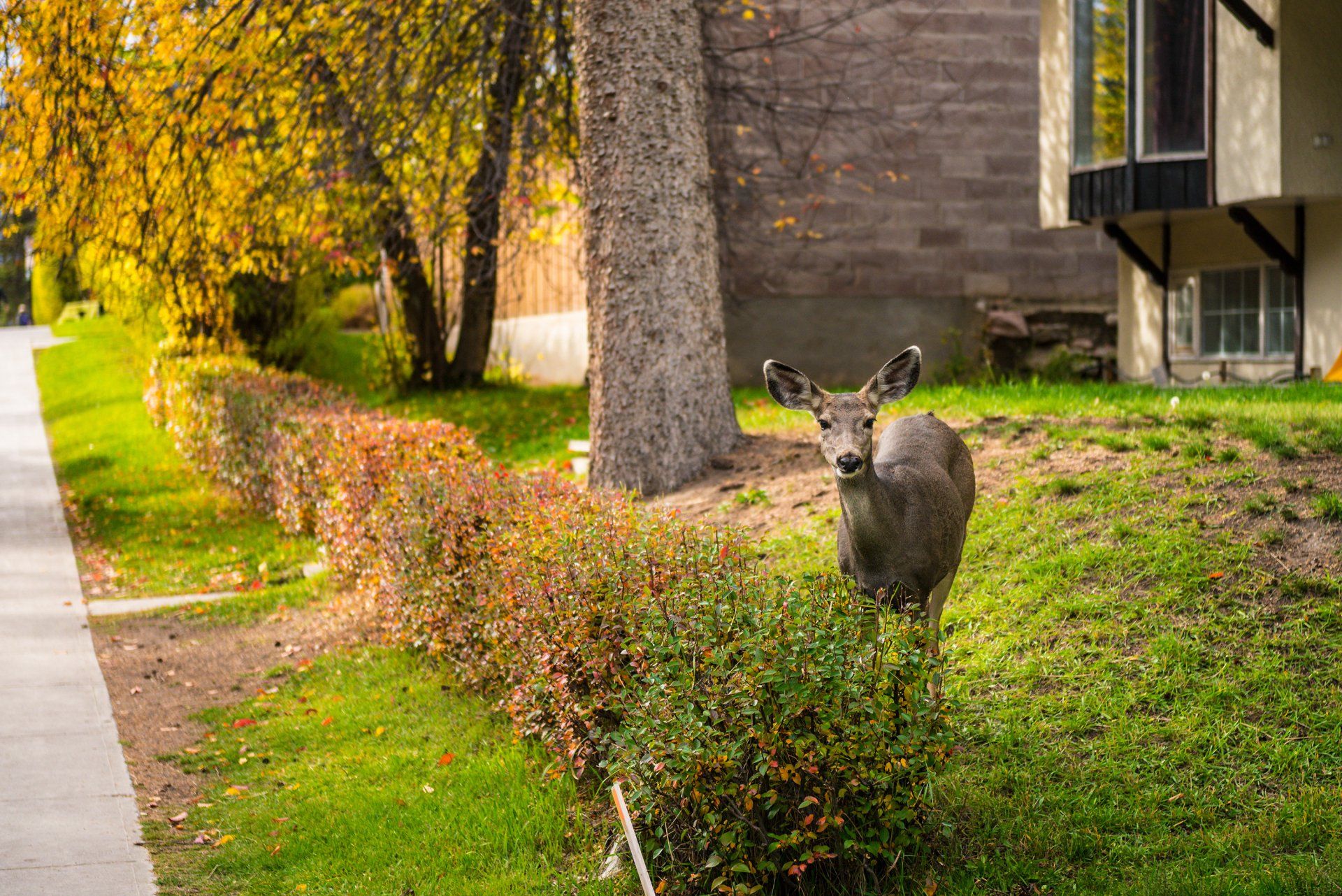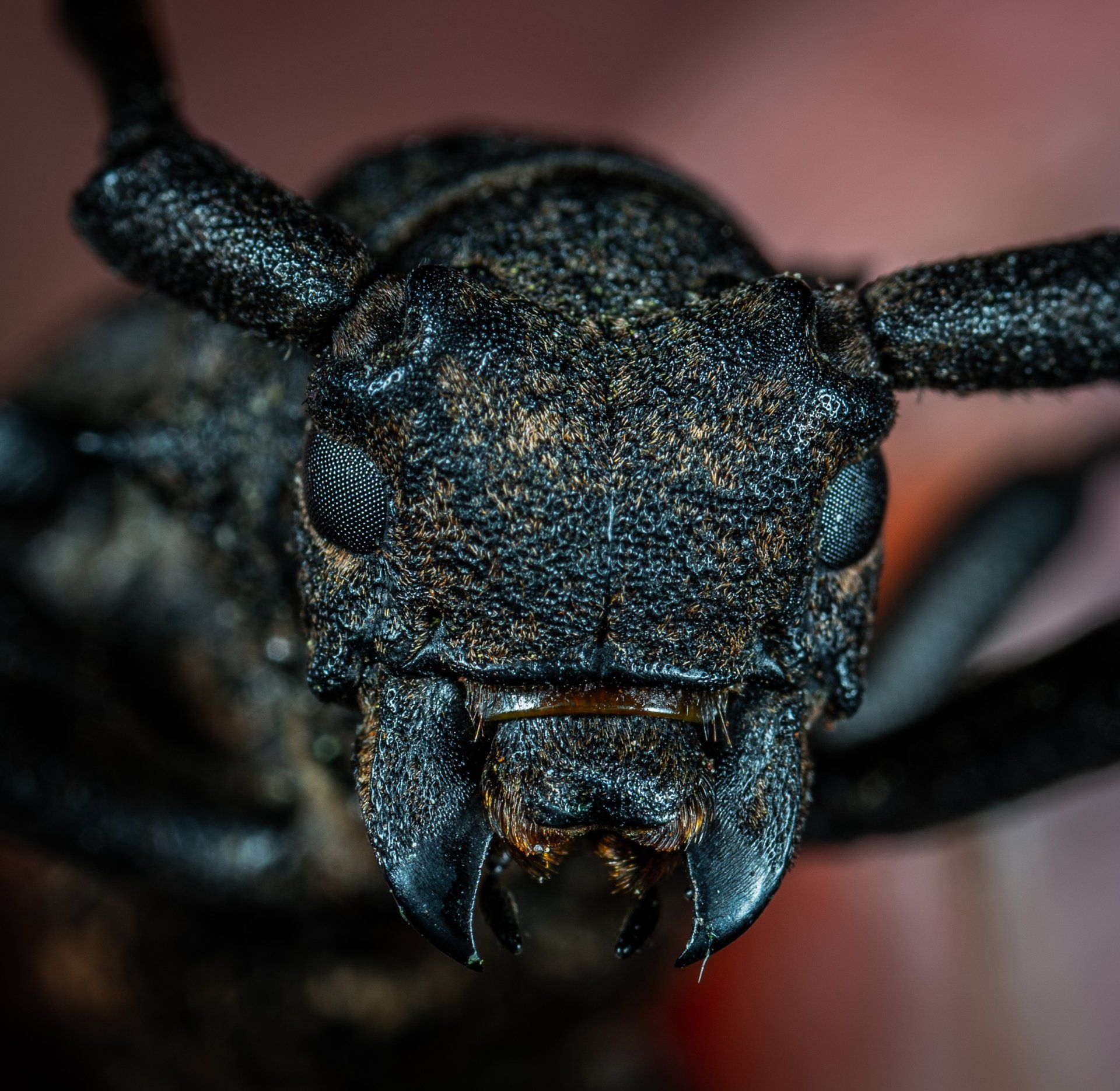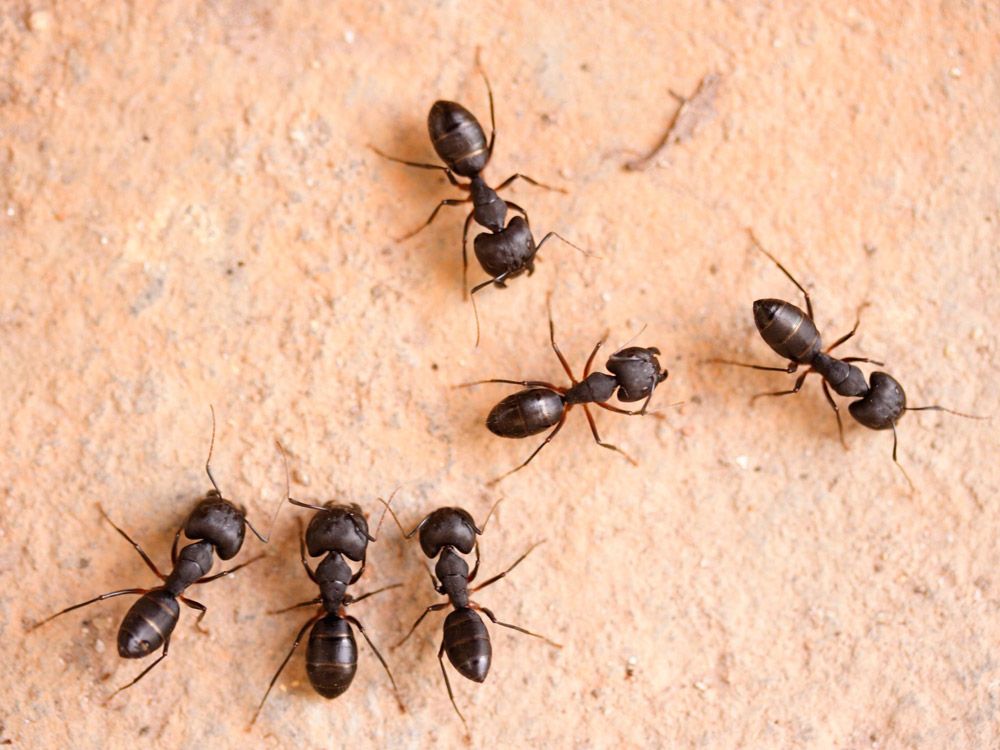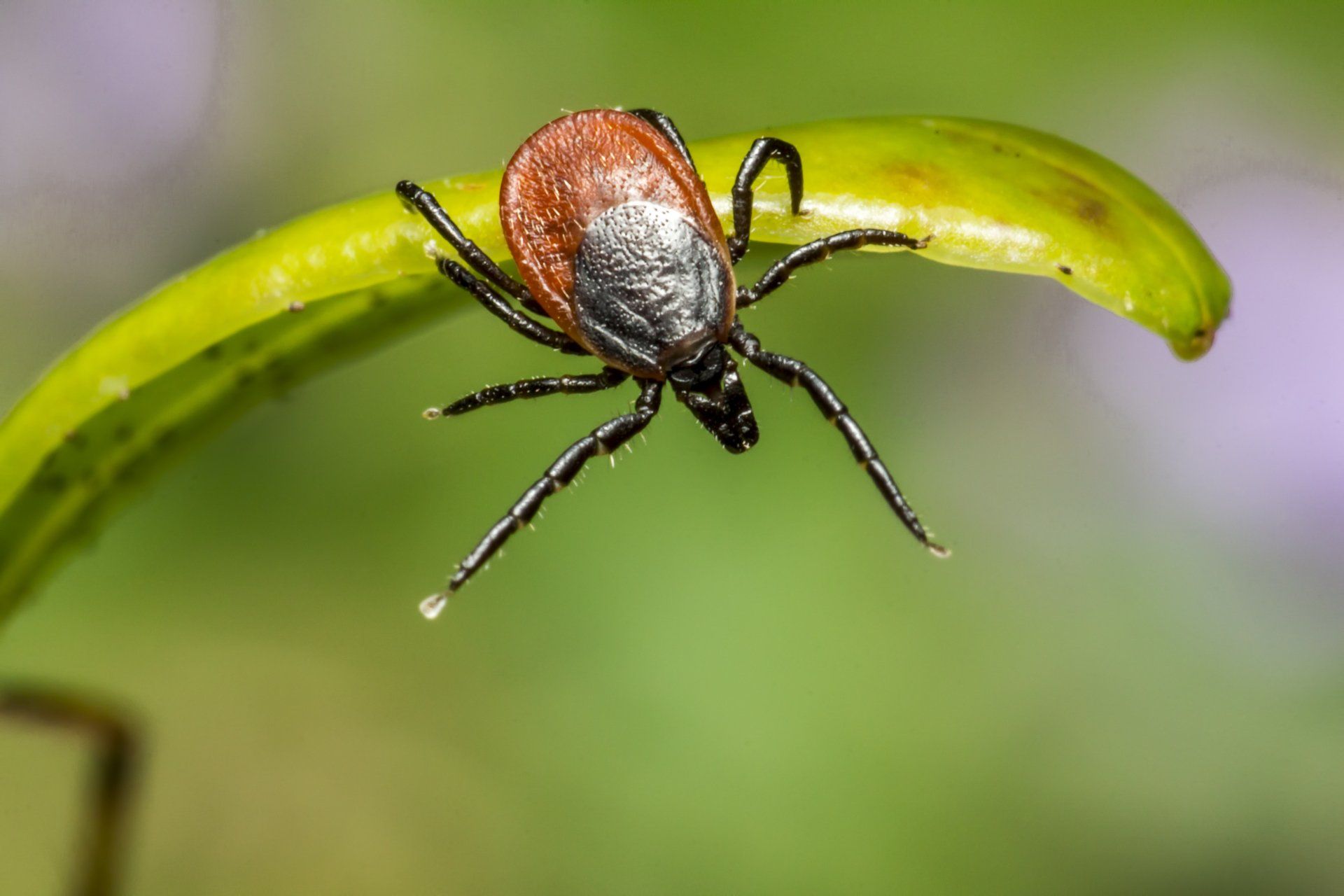Proven Centipede Prevention Tips
Keep centipedes away with these tips and tricks.
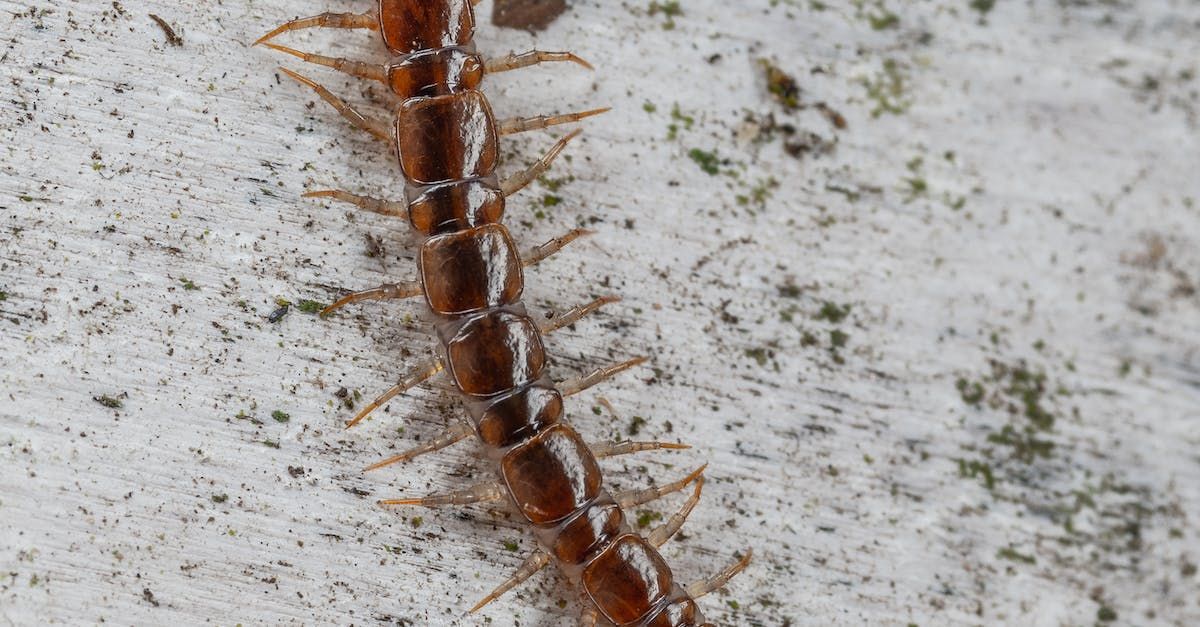
If you think there’s only one type of centipede to be on the lookout for, you might be shocked to learn there are over 3,000 species. This doesn’t mean they’re all in your backyard — NJ is reportedly home to eight different kinds of centipedes and millipedes.
Even if there are only a handful of centipede species in the Garden State, you still need to learn how to protect your home from these pests, especially since their bites can be very painful.
The best way to keep centipedes out is with
professional pest control, but there are DIY centipede prevention tips you can (and should) focus on. This not only works to reduce the incidence of centipedes but of other insects and pests.
Keep Moisture Levels in Check
What will keep centipedes away? For starters, they like environments with high levels of humidity.
They also like to live in moist areas. You can keep them away by using a humidifier, especially in your basement.
You should also run the exhaust fan in your bathroom and/or attic. This can work to eliminate excessive amounts of moisture that attract centipedes and mold.
Keep a Clutter-Free Home
What attracts centipedes? Clutter.
They seek it out for protection, so look to keep your crawlspace, basement, and attic as clutter-free as possible. Throw out or donate items you no longer need and work to keep floors free from clutter and debris.
If you have any leaf piles outside or grass clippings, move them away from your home. The same goes for firewood and trash cans.
Remove Food Sources
Centipedes eat spiders, so control the pest population inside your home. This works to reduce the number of centipedes you’ll see.
Besides spiders, what do centipedes eat? They typically eat silverfish, carpet beetle larvae, small arthropods, and cockroaches. They also
eat cockroaches, bed bugs, moths, and ants. If you see an uptick in house centipedes, you may have a larger pest infestation that needs to be inspected by a professional.
Seal Off Entryways
If you have cracks around door jams or windows, seal them off. This makes it hard for centipedes — and other pests — to enter. Add weather stripping to doors and windows and look for holes or rips in screens to repair.
Do Centipedes Bite?
Yes, centipedes bite. They have hollow legs with claws that they use to bite skin. These pincers are called “poison claws” and can cause tiny puncture wounds in your skin. This can lead to blisters, so don’t touch centipedes with your bare hands.
Invest in Centipede Prevention Today
The best way to prevent centipedes is with monthly pest removal services. Although you can try plenty of DIY tricks at home, centipede prevention often requires the help of a professional. Remember that centipedes eat other insects, including bed bugs, so an infestation may be a sign of a larger issue lurking within your home.
If you’re looking for centipede prevention,
contact Serene Property Services today. We cover all of Sussex County, NJ, along with Warwick, NY, and can tackle any pest-related issue.
We will get back to you as soon as possible
Please try again later
About Us
Contact Info

